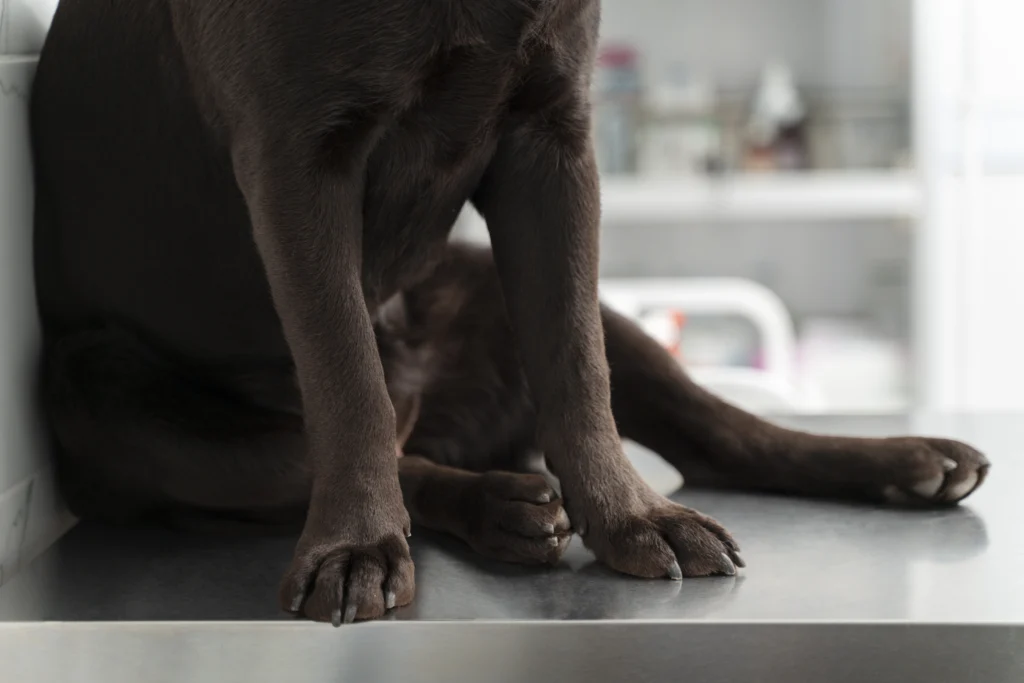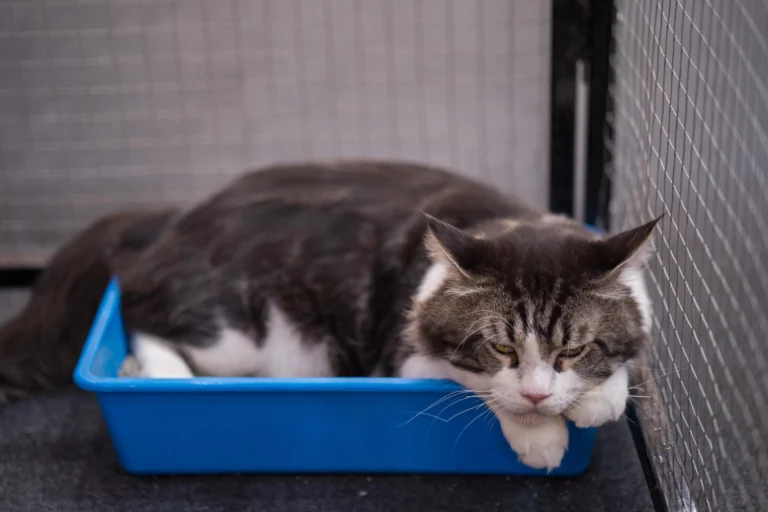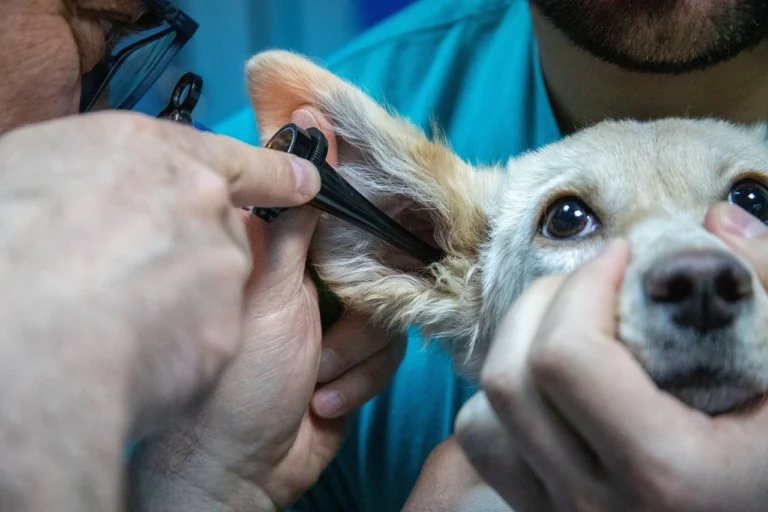Home Remedies for Dog Scooting: 5 Powerful and Natural solutions
Table of Contents
If you’ve noticed your dog scooting across the floor, you’re not alone. Many pet owners face this puzzling and often frustrating issue, but you might be wondering why it happens and, more importantly, how to help your dog feel better. Scooting is more than just a quirky behavior—it’s often a sign that your dog is experiencing some discomfort or irritation, usually in their anal region. Luckily, you don’t always need to run to the vet immediately. There are several home remedies for dog scooting that can provide your dog with the relief they need.
In this article, we’ll explore some of the most effective home remedies, the causes of dog scooting, and how to prevent it in the future. By the end, you’ll feel confident in addressing this issue and keeping your furry friend comfortable and healthy.
What Is Dog Scooting and What Causes It?
Before diving into remedies, it’s essential to understand what dog scooting is and what could be causing it.
What Is Dog Scooting?
Dog scooting occurs when your dog drags their bottom across the floor, typically using their back legs to push themselves forward. It may look funny, but it often signals that your dog is experiencing some discomfort or irritation in their anal area.
Common Causes of Dog Scooting
There are several reasons why your dog might be scooting. Here are the most common causes:
- Anal Gland Issues: One of the most common reasons for scooting is the buildup of anal gland secretions. When these glands become full, infected, or impacted, they can cause discomfort, leading your dog to scoot.
- Parasites: Internal parasites, like worms, can irritate the anus, causing your dog to scoot in an attempt to relieve the discomfort.
- Food Allergies: Allergies can lead to itchy skin around the anus, causing your dog to scoot in an effort to relieve the irritation..
- Poor Hygiene: If your dog isn’t grooming themselves properly, dirt or fecal matter around the anus can cause discomfort, resulting in scooting.
- Constipation or Diarrhea: Digestive issues that cause your dog to feel uncomfortable or have difficulty passing stool can also lead to scooting.
While scooting is often linked to relatively minor issues, if your dog’s scooting is persistent or accompanied by other symptoms, such as bleeding, swelling, or excessive licking, it’s important to consult your vet.

Home Remedies for Dog Scooting: Easy Solutions You Can Try at Home
Now that you know what might be causing your dog’s scooting, let’s look at some simple home remedies that can help provide relief.
1. Keep Your Dog’s Anal Glands Clean and Healthy
If your dog is scooting because of full or impacted anal glands, you can help them by maintaining good anal gland health. You can have your vet express the glands, or if you’re confident, you can learn to do it yourself at home. However, you should always consult your vet before attempting this.
Home remedy: Use warm, moist wipes designed for pets to gently clean around your dog’s anus. This can help remove any built-up debris and reduce irritation.
2. Boost Your Dog’s Fiber Intake
A diet that is rich in fiber can help regulate your dog’s bowel movements, which may prevent discomfort caused by constipation. Fiber can also help with anal gland expression, which can be another factor contributing to scooting.
How to add fiber: You can easily add fiber to your dog’s diet by mixing in small amounts of canned pumpkin (not the spiced pie filling) or cooked sweet potatoes. Both are safe and natural sources of fiber that can help with digestion.
Example Recipe:
- Mix 1-2 tablespoons of plain canned pumpkin with your dog’s meals. This should be enough to improve digestion without overloading their system.
3. Use De-Worming Treatment
If your dog’s scooting is caused by internal parasites, de-worming is essential. Many dogs contract intestinal worms, which can cause itching and irritation around the anus.
Home remedy: Consult your vet for the best de-worming treatment for your dog. Regular de-worming, particularly for puppies or dogs that go outdoors frequently, is a crucial step in preventing scooting caused by worms.
4. Give Your Dog an Oatmeal Bath
If your dog’s scooting is due to irritated skin or allergies, an oatmeal bath can help soothe their skin. Oatmeal has natural anti-inflammatory properties that can reduce itching and irritation.
How to bathe your dog: Use an oatmeal-based dog shampoo and give your dog a gentle bath. Be sure to focus on the anal area but avoid vigorous scrubbing, as this could further irritate the skin. An oatmeal bath can also be used once a week as part of your dog’s regular grooming routine.
5. Apply Coconut Oil for Soothing Relief
Coconut oil is a natural remedy known for its anti-inflammatory and antibacterial properties. It can be applied topically to the affected area to reduce inflammation, soothe irritation, and moisturize dry skin.
How to apply coconut oil: Gently apply a small amount of coconut oil to your dog’s anal area. Make sure not to use too much, as your dog might lick it off. If they do, it’s generally safe, but be sure to monitor them after application.
Table: Common Home Remedies for Dog Scooting
| Remedy | How It Helps | Instructions |
| Fiber-rich foods | Improves digestion and helps with anal gland expression. | Add 1-2 tablespoons of canned pumpkin to meals. |
| Warm, moist wipes | Cleans anal area, reducing irritation. | Gently wipe the area after outdoor trips. |
| De-worming | Eliminates internal parasites causing discomfort. | Consult a vet for proper de-worming medication. |
| Oatmeal bath | Soothes irritated skin and reduces itching. | Use oatmeal-based dog shampoo once a week. |
| Coconut oil | Reduces inflammation and moisturizes irritated skin. | Apply a small amount to the affected area. |
How to Prevent Dog Scooting in the Future
While it’s important to address the immediate discomfort, you also want to prevent future scooting episodes. Here are some tips:
- Regular Grooming and Maintenance: Consistently inspect and clean your dog’s anal glands. If you’re unsure how to do this, ask your vet for guidance. This will help prevent blockages or infections.
- Feed a Balanced Diet: Ensure your dog’s diet contains enough fiber. Adding fiber-rich foods like pumpkin, sweet potatoes, and brown rice can help regulate their digestion and prevent constipation.
- Regular De-Worming: Keep your dog up to date on their de-worming treatments. Parasites are a common cause of scooting and can be easily managed with proper prevention.
- Address Allergies: If your dog scoots because of allergies, try to identify the trigger and adjust their diet or environment accordingly. Consulting your vet can help you manage these issues more effectively.

When Should You See a Vet About Your Dog’s Scooting?
Although most scooting issues can be resolved at home, there are times when it’s best to consult your vet. Here are some signs that your dog may need professional help:
- Persistent Scooting: If your dog continues scooting despite trying home remedies, it may be time for a vet visit.
- Signs of Infection: Look for redness, swelling, or discharge around the anal area, which may indicate an infection.
- Bleeding: Any sign of blood should be addressed by a vet immediately.
- Behavioral Changes: If your dog’s scooting is accompanied by lethargy, loss of appetite, or other unusual symptoms, it’s a red flag.
FAQ: Everything You Need to Know About Home Remedies for Dog Scooting
Why does my dog scoot on the carpet?
Scooting on the carpet is usually a sign of discomfort in the anal area, often caused by full anal glands, parasites, or skin irritation. Keeping your dog clean and maintaining good anal gland health can help alleviate this behavior.
Can a poor diet cause dog scooting?
Yes, a poor diet, particularly one lacking in fiber, can cause digestive issues that lead to scooting. Adding fiber-rich foods like pumpkin or sweet potatoes to your dog’s diet can help prevent scooting.
How often should I bathe my dog for scooting?
An oatmeal bath can be done once a week or as needed if your dog is scooting due to skin irritation. Make sure to use a pet-safe, gentle shampoo.
Conclusion: Help Your Dog Feel Comfortable Again
Scooting is a common issue for dogs, but with the right home remedies, you can provide your dog with the comfort and relief they need. From boosting fiber intake to maintaining good anal gland health, simple lifestyle changes can go a long way in addressing the underlying causes of scooting. If these remedies don’t provide relief or if your dog shows signs of infection or more severe issues, don’t hesitate to contact your vet.
By staying proactive with your dog’s health, you can prevent future scooting episodes and ensure they lead a happy, comfortable life







